Philippines: A mobile-first gaming country that plays to win
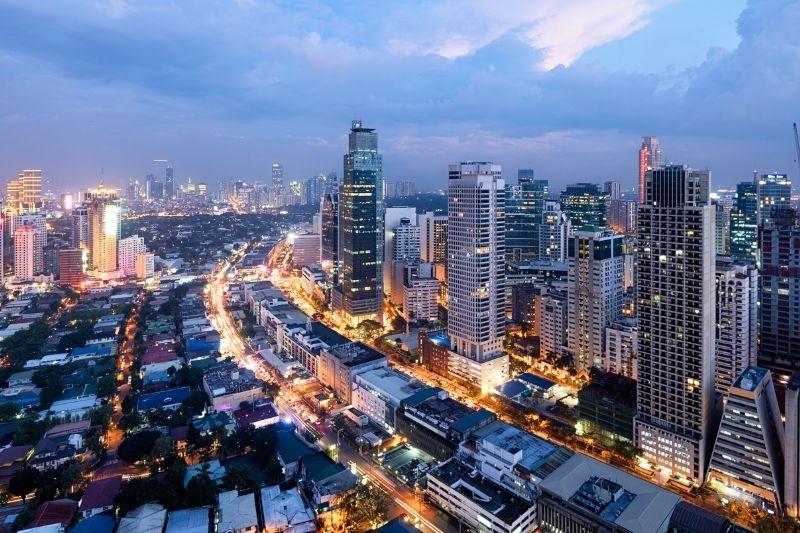
With more than 100 million people, the Philippines is one of the most populated countries in South East Asia and home to a huge young population where most gamers are between the ages of 15 to 25.
According to the International Telecommunications Union, internet penetration stands at just 43%, leaving much of the country still in a digital blackout. However, there are some other figures which suggest that internet penetration can in fact be as high as 71% (Hootsuite).
The average internet speed in the country is just 19.0 MBps, a far cry from close by Singapore which boosts nearly 200.0 MBps, according to Social Weather Station.
Further research from Statista and Pew, point to a smartphone ownership of between 44% and 55%, respectively.
Interestingly, Niko Partners has found that despite the low internet and smartphone penetration rates, Filipinos who have access to the internet spend an average of 10:02 hours a day on the internet on all devices combined, the highest in the world. The think tank explains that this can be explained in part by high use of internet cafes.
Internet cafes have indeed been one of the driving forces for the Philippines internet economy since their appearance in the early 2000s. Millions of Filipinos are regular users of such venues to access the internet, social media and of course, join billions of gamers all over the world on Mobile Legends: Bang Bang, Ragnarok M: Eternal Love, MU Origin 2, or Call of Duty.
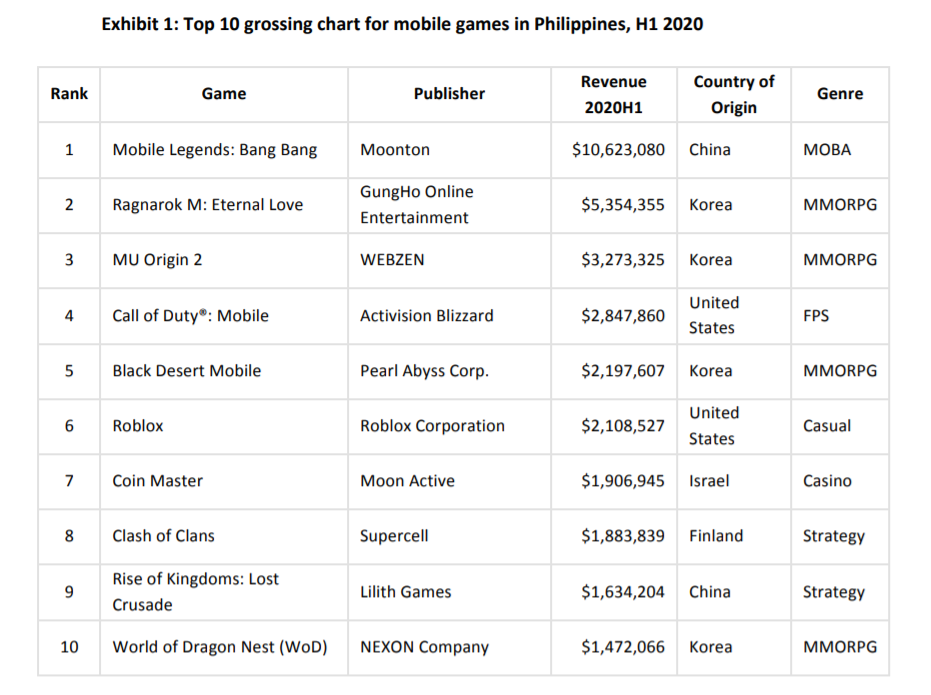
According to market research companies, mobile gaming is the future for Southeast Asia’s e-sports, given the affordability of phones.
Newzoo estimates that as much as 67% of Southeast Asia’s games revenue comes from mobile games, making the region a mobile-first market. And the Philippines are big contributor to this notion.
In its turn, Niko Partners says there were 527 million smartphone users in the Greater Southeast Asian Region in 2019 — a figure that will grow to 679 million by 2023. Revenue from mobile gaming alone in the region is expected to rise from $2.89 billion last year to $5.20 billion in 2023.
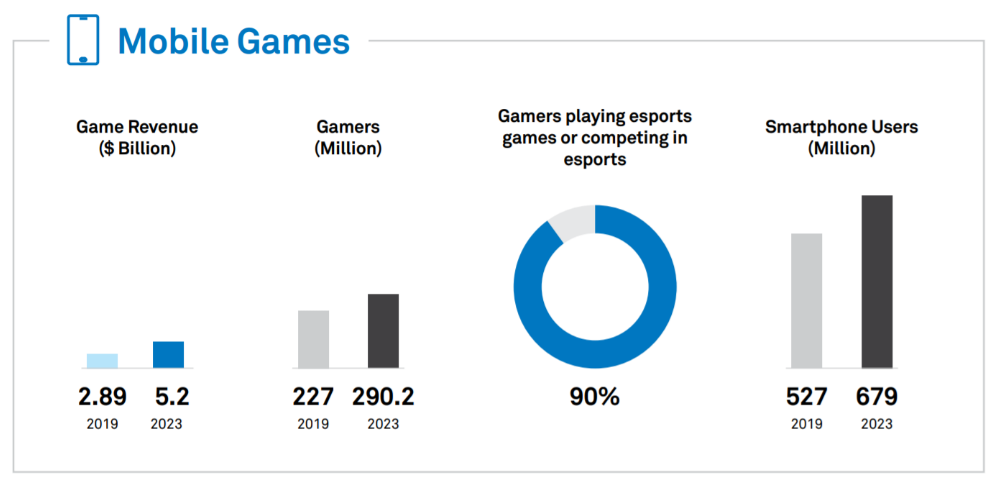
Back to the Philippines, the country has bear witness to a large growth spurt in terms of video games production and consequently, consumption, all backed by serious competitive organisations.
In 2011, the Philippine Esports Organization (abbreviated as PeSO) was launched to act as the national governing body for e-sports in the country. The association, backed by telecommunications company Smart Communications, is a member of the International Esports Federation (IESF) since its foundation and is an associate member of the Philippine Olympic Committee (POC) since September 2020.
E-Sports is an officially recognised sport in the Philippines and other surrounding countries including Thailand, Malaysia and Singapore. But it is in the Philippines that we can potentially find one of the most bubbling online gaming environments. There are also calls from gaming giant Razer to include e-sports as a medal event at the 2021 Southeast Asian Games, as well as the Asian Games and Olympic Games.
The Philippines’ Olympic committee has supported for a while now the setting up a national governing body to promote e-sports. This resulted in the launch of the Esports National Association of the Philippines (ENAP) in 2018.
The PeSO has been a driving force of eSports not only in the Philippines but across South East Asia and Asia as a whole. The organisation was one of the main responsible for the debut of e-sports as a medal event at the 2019 Southeast Asian Games in Manila. The event lasted 12 days in total and saw the Filipinos national team win gold on home soil.
Alvin Juban, the Philippines’ e-sports national team manager, told China Daily at the time that the successful hosting of e-sports at the SEA Games was “a bright spot in the digital history of the Philippines”.
On the other hand, the country’s e-gaming revolution isn’t just done on laptops or mobile phones playing Fortnite or Marvel. The Philippines have developed a fast growing economy around online casinos and e-gambling. Supported by steady cloud infrastructure, casino operators have led the country’s revenues from online gambling to surge tenfold in just two years, according to the latest figures from the National Tax Research Center.
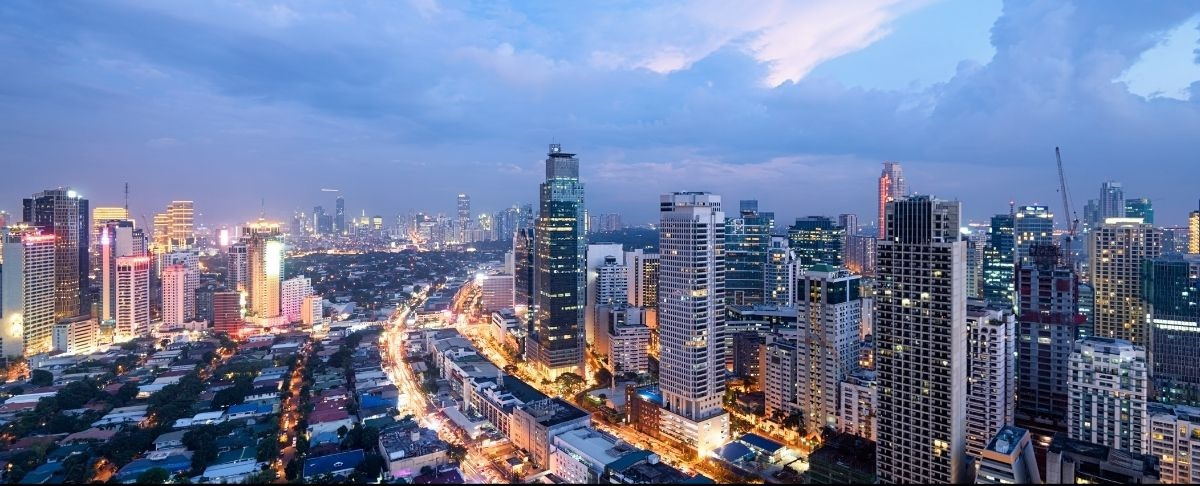
A recent article by Andrew Klebanow, principal at Klebanow Consulting, highlights that the Philipines have become a world leader in e-casinos.
He wrote: “It is estimated that Philippine Offshore Gaming Operations (POGOs), comprised of 60 licensed operators, generated approximately $6 billion in gaming revenue in 2018 and contributed $145 million in gaming taxes, licensing and regulatory fees.
“Gaming revenue from POGOs was estimated to have grown to approximately $8 billion in 2019 and was anticipated to continue on a growth trajectory until Covid-19 forced the temporary closure of these enterprises.”
If we step back to 2016, online gambling revenues were worth less than $1 billion, the National Tax Research Center research shows.
Although the country still faces some pain-points when it comes to provisioning the right environment for the proliferation of cloud gaming, especially around slow internet connectivity and a less robust telecoms infrastructure when compared to some of its neighbouring countries, the Philippines is a country of extreme opportunity for OTTs seeking to reach millions of users. Some of which are yet to experience their first online game, therefore, creating a unique market opportunity with a large first-time players to be targeted on top of the more regular players and professional leagues.
Network speed and availability are right now the two main priorities of any given business expanding or thinking to do so into the Philippines. This is where it is important for these providers to partner with experienced network infrastructure aggregators like HGC, for example.
It is impossible to expand a footprint today without taking into consideration making good use of edge data centre infrastructure and 5G – something the Philippines have rolled out fairly well.
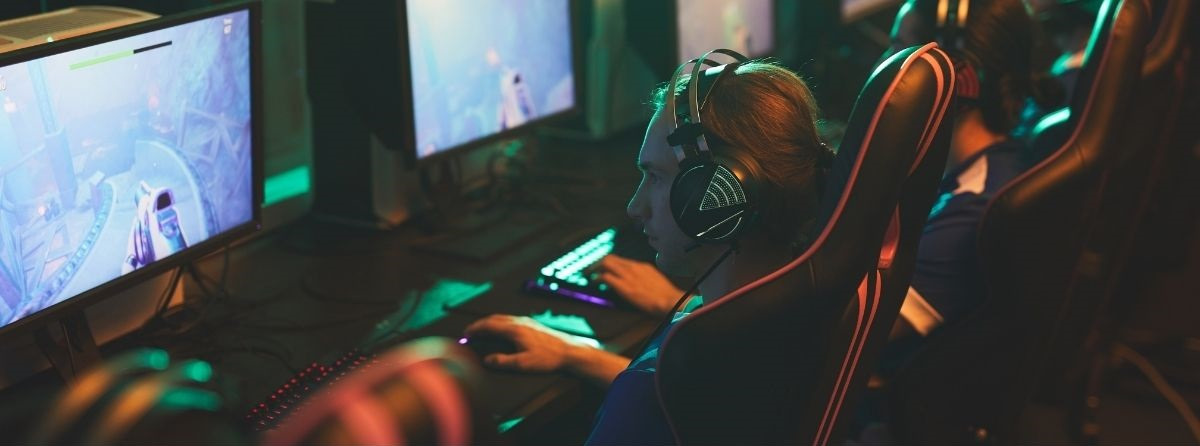
HGC has access to the key infrastructure assets in the Philippines and close-by countries. We act as an aggregator and single contact point for OTTs to reach end users very quickly as the infrastructure is well established and connected to local carriers, ISPs and MNOs. This results in OTTs being able to reach a large number of users – or as we like to call them, eyeballs – in a multitude of geographies at the switch of a button.
Such can be done for businesses wishing to build up solely in the Philippines or beyond borders. On top of that, HGC’s SDX International Marketplace, our SDN platform, provides fast provisioning of on-demand data centre-to-data centre and data centre-to-cloud connectivity, centralised network management, and zero-touch services provisioning with a pay-as-you-go model and flexible contract periods to support your services. This makes it easy to manage a large and ongoing expanding portfolio of any size.
As you can read, I am extremely passionate about markets like the Philippines and I truly believe in their potential to become e-gaming powerhouses built on solid infrastructure and managed with the latest software innovation.
Let me know what you think of the Philippines as a gaming destination, and feel free to drop me a message and discuss more about this fascinating market and how HGC is helping companies there reach millions of eyeballs.
Until next time!
环球全域电讯有限公司可不论直接或透过其联营公司、代理及/或商业伙伴1,使用本人的个人资料2(“Personal Data”) for direct marketing of the services and/or products as set out below.
若阁下不同意以下任何一项请选择适当空格,环球全域电讯有限公司便不能使用阁下的个人资料作直接促销。
附註
註
If at any time in the future you do not wish HGC Global Communications Limited, its affiliated companies, agents and/or business partners in providing you with any information
for direct marketing of the aforesaid products and services relating to HGC Global Communications Limited, its affiliated companies and business partners, please contact us via email suggestion@hgc.com.hk, or by mail to PO Box
33, Tsuen Wan Post Office, Hong Kong or call HGC Global Communications Limited’s Customer Services Hotline 1220 (Voice/IDD Service) / 1222 (Internet Service). If you inform us via email or by post, our customer service representative
will contact you for verification purpose.